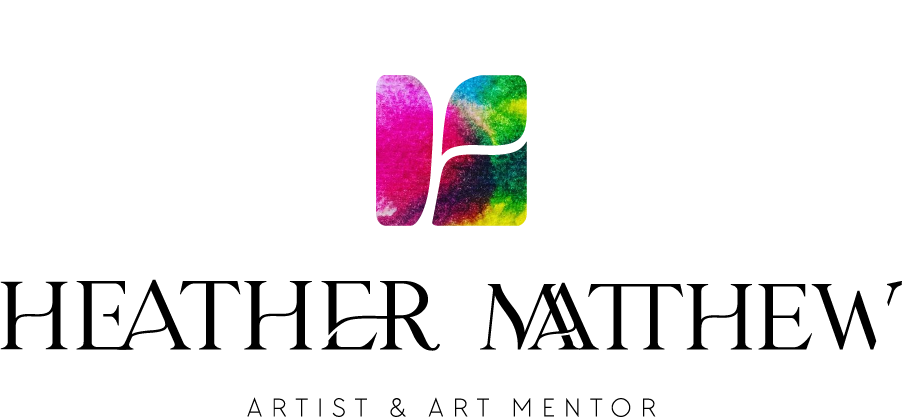Marking the Days
Les tres riches heures du Duc de Berry Fevrier (February), detail
How do you mark the days? Marking time and its passing might seem like a tedious thing to do, but during these days inside our houses, we can turn crisis into opportunity.
Time is a human construct, from the 24 hours in a day to the 365 days in the year all linked to the rising and setting of the sun and our elliptical orbit around it.
In the Middle Ages the marking of time was cosmological, seasonal and for monks and nuns, hourly. Later the Psalters used by the clergy were adapted to become devotional breviaries prized by the wealthy.
The Book of Hours was part of a widespread tradition of breviaries which contained weekly cycles of psalms, prayers and hymns. These were often made for women, sometimes given as a wedding present from a husband to his bride.
The most famous of these books was the Très Riches Heures du Duc de Berry by the Limbourg brothers from the Netherlands who all later died in the plague in 1416.
This beautiful manuscript contained calendar pages distinguished by cobalt blue half circles of skies with astrological signs arching across the top of each page. These constellations formed part of a unified framework for agricultural activities and tied into the church feast days and holy days.
I think of the time taken to make such a manuscript and the times it marked and celebrated. Even the peasants warming themselves inside their hut in winter were included as worthy subjects in Très Riches Heures du Duc de Berry.
Would we take the time and care to elevate our own status during our stay at home isolation during this pandemic? Why not turn crisis into opportunity to make art!
Documenting our days is one way to celebrate life and our daily activities, even the most mundane of chores. Imagine gold leaf and cobalt blue shimmering images of us doing the dishes or peeling potatoes. Could we then also imagine celebrating the coming of spring with some ritual or ceremony to mark the changing of the seasons.
I miss coming together as a community to celebrate those cosmological events like the solstice or equinox. In the absence of strong cultural or religious traditions it is easy to feel that the years can pass by with little to punctuate the changes other than birthdays and Christmas.
Celebrating life is important. We may have to makeup our own ceremonies and rituals to mark events but we can document our days as hours of opportunity for creative activity.
Celebrating potatoes in a gilded frame





